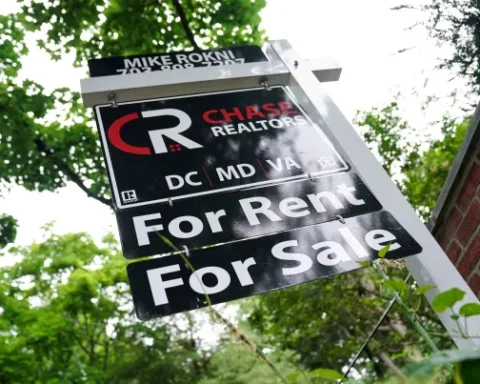The ownership of nearly 70% of properties in England and Wales, held by foreign shell companies, remains undisclosed. A recent analysis revealed considerable shortcomings in regulations designed to thwart wealthy individuals from secretly hoarding assets.
The British government hastily set up an overseas entity register in August 2022, following Russia’s Ukrainian invasion earlier that year. The initiative aimed to uncover the illicit wealth channelled through UK real estate. Nevertheless, initial rule setups were fraught with defects, as pointed out by detractors.
According to a joint study by the London School of Economics and Political Science (LSE), the University of Warwick, and the Centre for Public Data, more than 100,000 properties in England and Wales, governed by offshore shell firms, still have undisclosed owners, even after the introduction of new rules effective from January 31.
The report stated: “The actual beneficiaries of these properties, potentially including sanctioned or corrupt individuals, remain unknown.”
Legal blind spots have allowed ownership concealment of an alarming 87% of such properties, the research discovered. Some 6% to 9% of these properties are owned by firms blatantly disregarding mandatory registration, whereas others have outdated or insufficient records.
Many have cautioned for years about the vulnerability of the UK, especially London, to financial malpractices due to the anonymity of the 152,000 properties owned by foreign entities. This obscurity not only entices criminal proceeds but also complicates asset freezes under sanctions.
Trusts, which enable one individual to possess property on behalf of another, have been found to mask ownership in 63% of cases with concealed foreign ownership. Unlike companies, these trusts aren’t obligated to publicly register, making them a tool of choice for several, including Russian oligarchs. In certain scenarios, private data leaks have been the sole reason for unveiling such property ownership.
Commenting on the situation, Andy Summers, an LSE associate professor, remarked: “Establishing a half-completed barrier is futile. These omissions endanger the entire register’s purpose. The government should rectify these as a top priority.”
Despite calls for transparency, the government hesitates to publicly list trust beneficiaries without a preliminary consultation. A recent letter to Lord Agnew, who resigned in January 2022 over government inaction against fraud, indicates the government’s belief that closing trust loopholes might legally infringe upon trust beneficiaries’ confidentiality rights.
Moreover, the government rejects proposals mandating nominees and trustees, who own shares, to declare their affiliations to the Companies House, the official UK company registry.
Although the House of Commons plans to discuss potential amendments to the economic crime bill, aiming to plug these gaps, they stand little chance without the government’s endorsement.
The ongoing debate over property ownership transparency underscores the broader challenges the UK faces in addressing economic crime and ensuring the integrity of its property market. While the establishment of a register for overseas entities was a step forward, the continued presence of loopholes leaves room for illicit activities. As London’s allure as a global city remains strong, the urgency to fortify its property transaction regulations becomes even more pressing, not only for the integrity of its financial systems but also for its reputation on the global stage.







